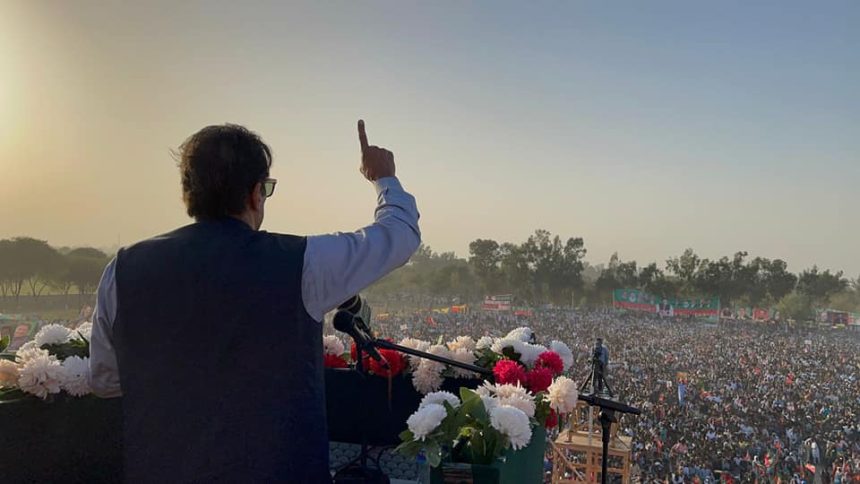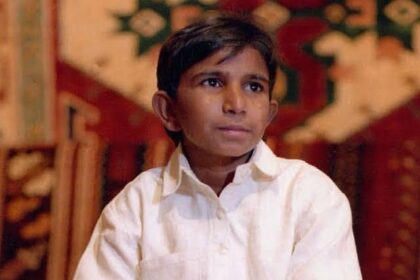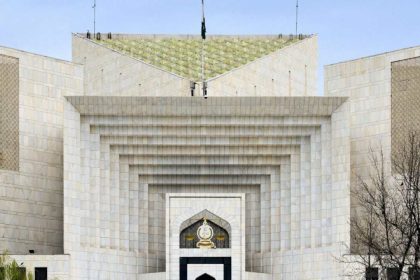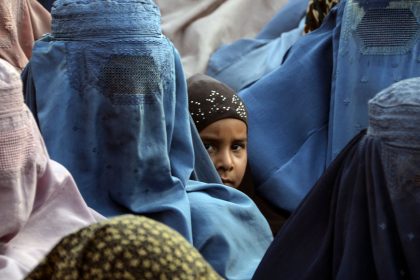The coalition government, led by Prime Minister Shehbaz Sahrif of the Pakistan Muslim League-Nawaz (PMLN), appears to be treading a familiar path with its predictable decision to ban the Pakistan Tehreek-e-Insaf (PTI), and to make things worse, the rulers want to press treason charges against three former ruling party leaders, including former prime minister Imran Khan.
The announcement made by Federal Minister for Information Atta Tarar during a presser in Islamabad sent shockwaves across the nation, with critics dubbing it a desperate attempt by the ruling coalition to maintain its fragile majority in the parliament. Reacting to the news, the Tehreek-e-Insaf said in a statement that banning it would be like uprooting the country’s foundation and pushing it into ‘civil war’.
Hammad Azhar, the party’s acting Punjab president, condemned the move and targeted the military establishment, saying that banning the PTI and simultaneously facilitating the far-right Tehreek-e-Labbaik Pakistan (TLP) to hold a sit-in in Islamabad showed that the “powers” were “going by the old playbook”. However, he warned that times had changed, and the old tricks would not work now.
Opposition leader in Senate Shibli Faraz said it was a “last-ditch effort” by the incompetent rulers to throw the party out of the political landscape after the Supreme Court’s landmark ruling in the reserved seats case in favor of PTI-backed independent candidates. Senator Barrister Ali Zafar said that courts won’t let the government implement the ban even if the government tried to move forward with its decision.
HRCP says move ‘unconstitutional’, ‘reeks of political desperation’
The Human Rights Commission of Pakistan (HRCP) also said it was shocked by the government’s decision and called it an enormous blow to democratic norms. In a statement, the rights group said the move “reeks of political desperation”, and called for withdrawing the “unconstitutional” move. It said the ban would result in deeper polarization, sparking political chaos and violence.
The move mirrors the controversial ban on the Muttahida Qaumi Movement (MQM) more than a decade ago during a previous PMLN administration, and saner segments of the society cannot help but wonder whether the ruling party is repeating the mistake. The rulers had justified the ban on the MQM by asserting that the party was involved in ‘criminal’ activities, ‘violence’, and running ‘militant wing’, and that sidelining the political force was necessary to restore law and order in Karachi.
The similarities between that move and the intended ban on PTI are striking. Similar justifications like the PTI receiving illegal foreign funding and inciting riots targeting military installations have been given by the rulers. Interestingly, both the bans were announced in politically-charged environments, with the current one seen as the modus operandi of the PMLN to neutralize political threats and consolidate power.
‘Rulers should prioritize dialogue, transparency, and democratic processes’
Everyone remembers how the ban on the MQM in 2013 led to widespread unrest and protests in Karachi. Similarly, banning the PTI is likely to provoke massive backlash from its supporters – mostly youth and urban middle class – leading to mass protests and civil unrest. The government’s indented move is surely to backfire, as it will give the perception of political persecution and subsequently cause public sympathy for the PTI and its leaders.
Moreover, it is likely to cause political instability, which will have severe economic repercussions, especially at a time when the International Monetary Fund (IMF) announced a crucial staff-level agreement with Pakistan for a 37-month Extended Fund Facility (EFF) worth around $7 billion, Azerbaijan agreeing to boost bilateral trade to 200 billion dollars and China, despite attacks on its engineers and workers, continuing with its projects in Pakistan.
Any political instability at the moment is sure to mar investor confidence and hinder the government’s economic recovery efforts. Apart from that, this overreach by the government would risk damaging Pakistan’s image internationally, and attract scrutiny, particularly from Pakistan’s allies and financial institutions. The intended ban on PTI raises critical questions about the PMLN’s approach to governance and political opposition. By repeating the past mistakes, the government risks raising political tensions and subsequently damaging the country’s economic prospects. Rather than resorting to bans and legal actions to suppress opposition, the rulers should prioritize dialogue, transparency, and democratic processes.












